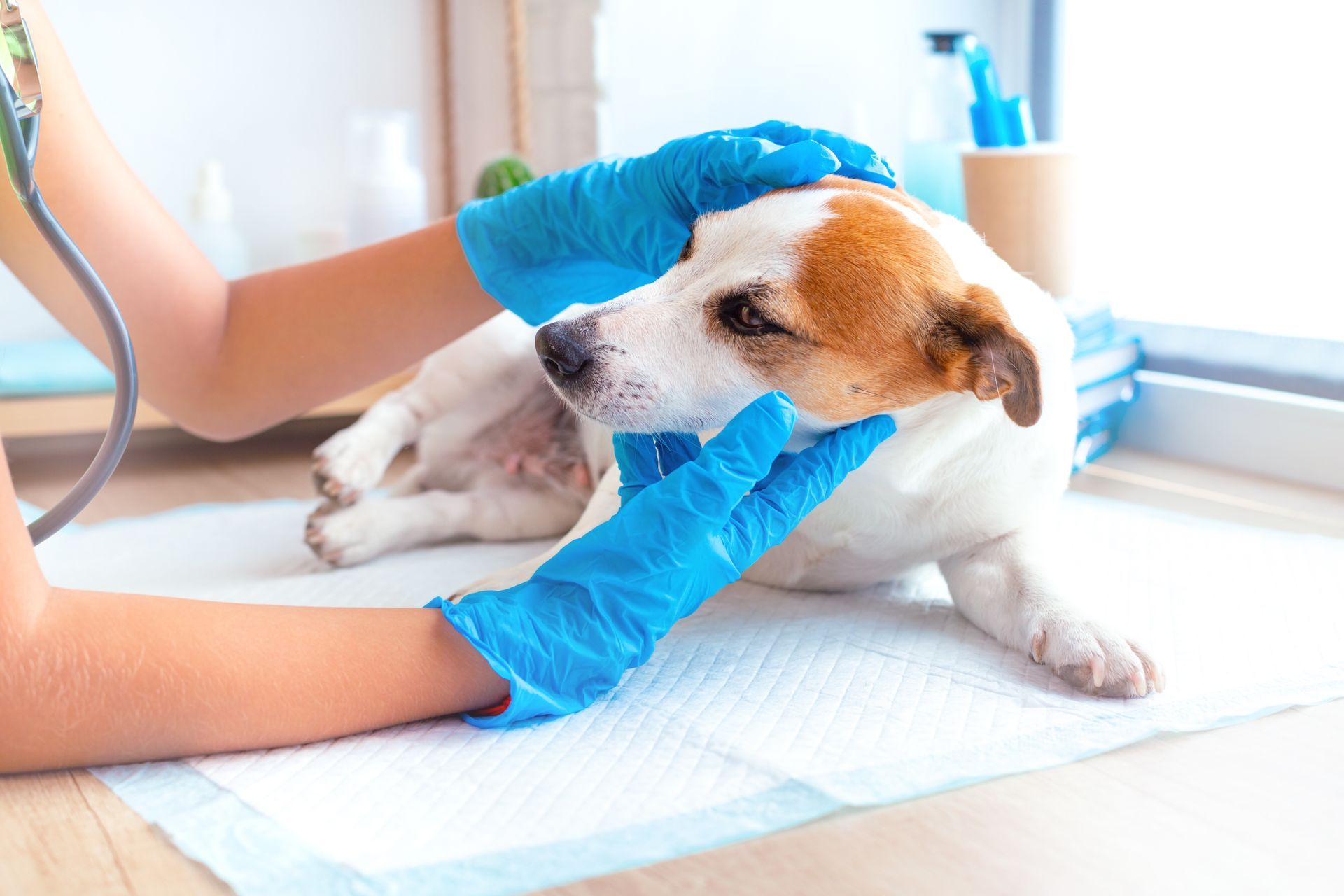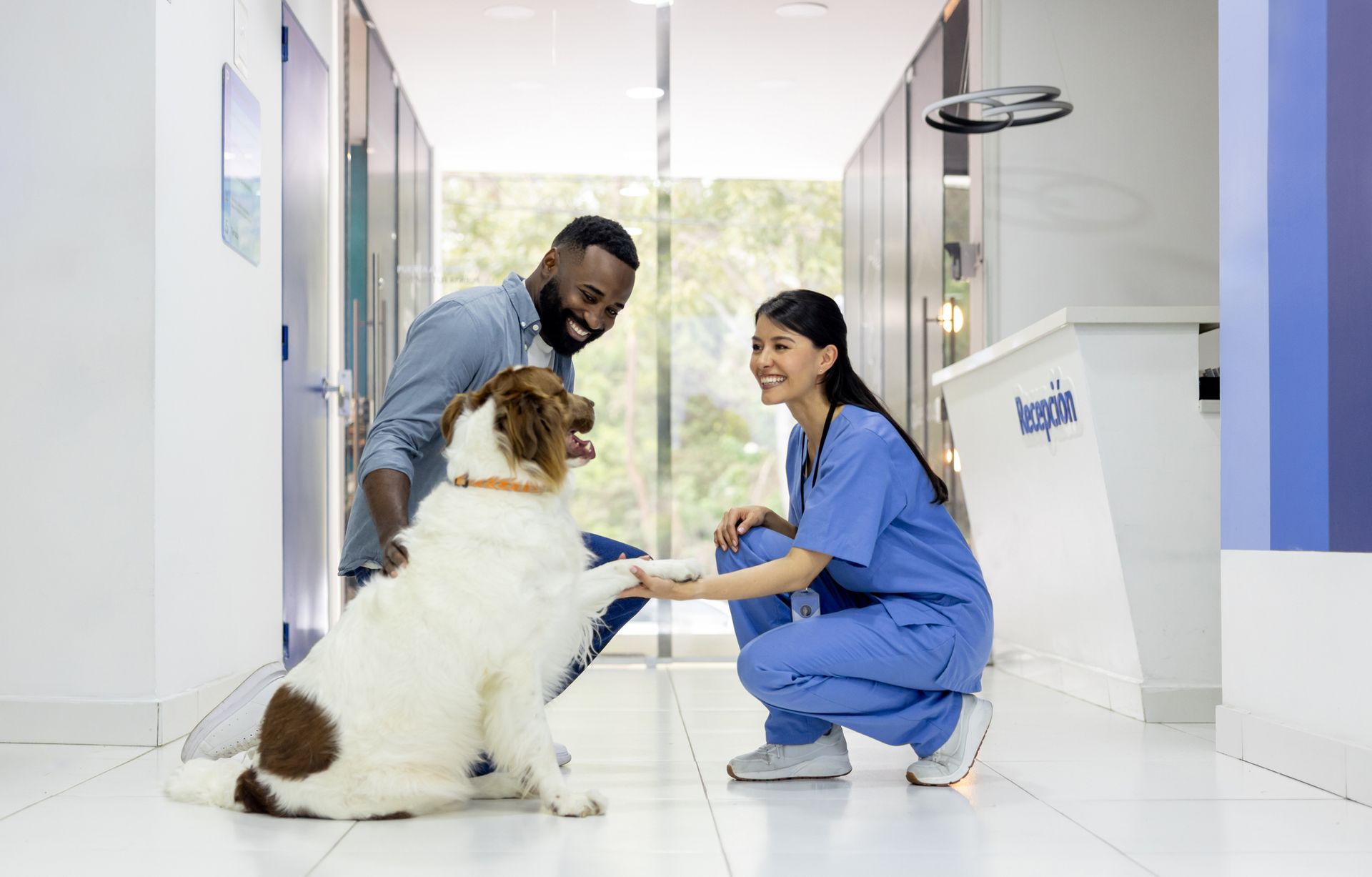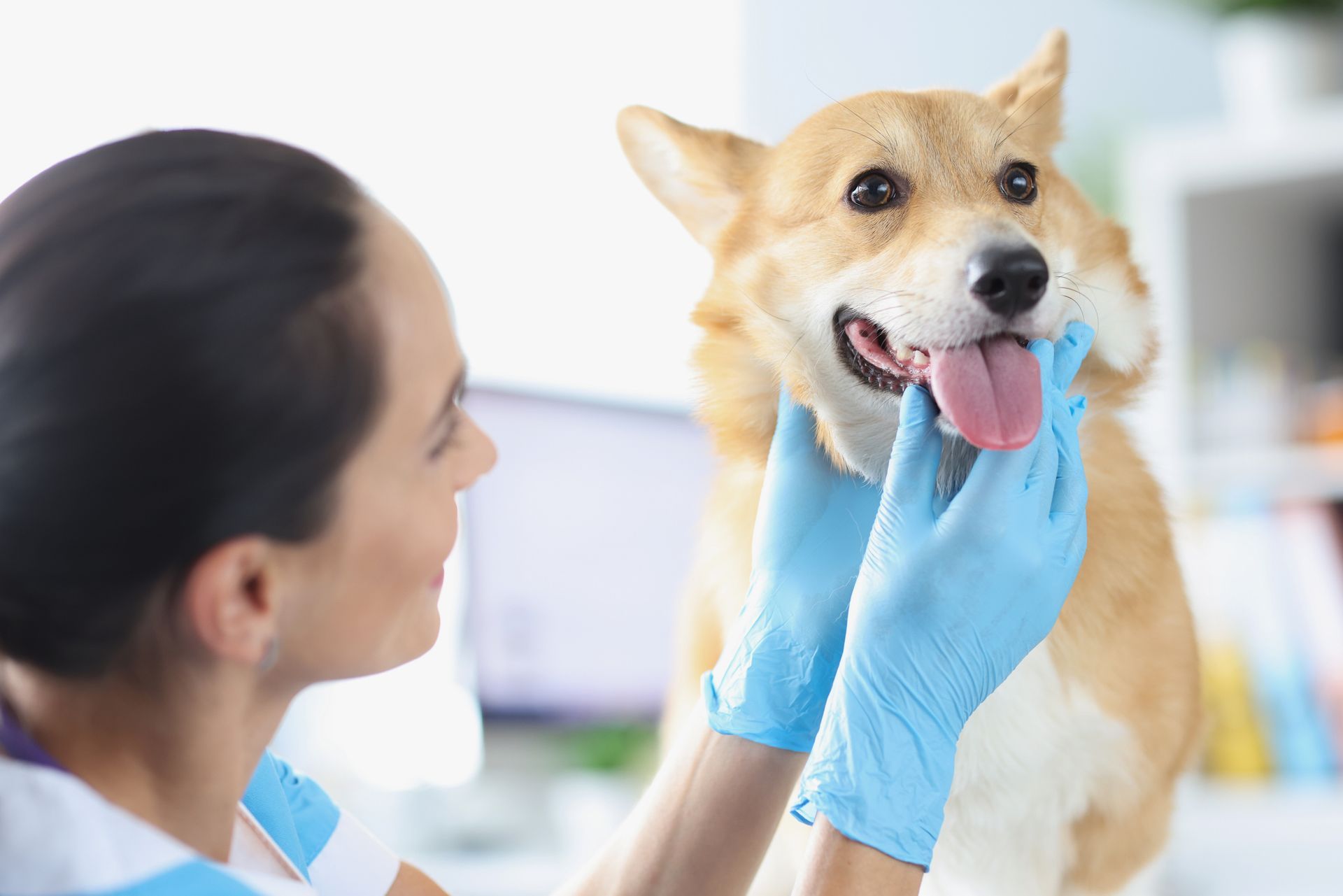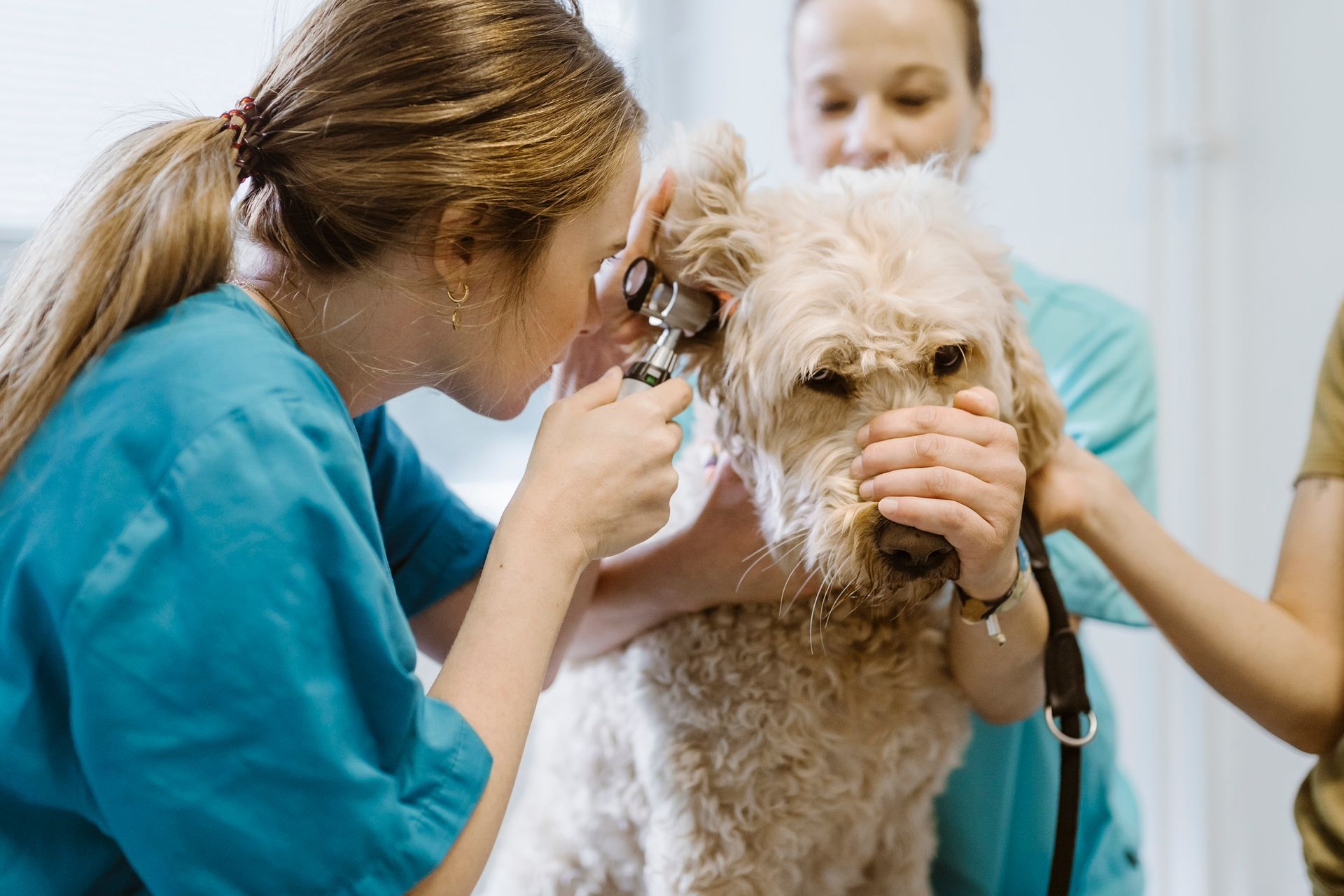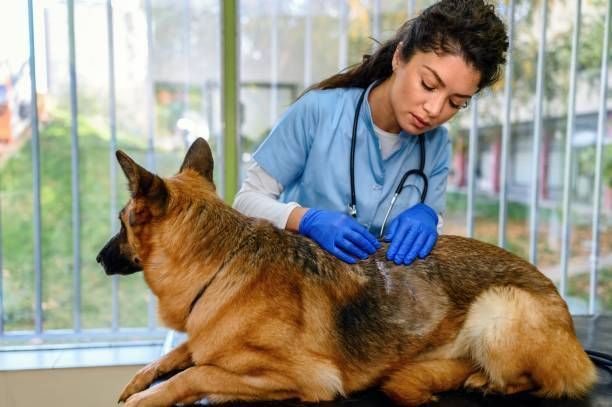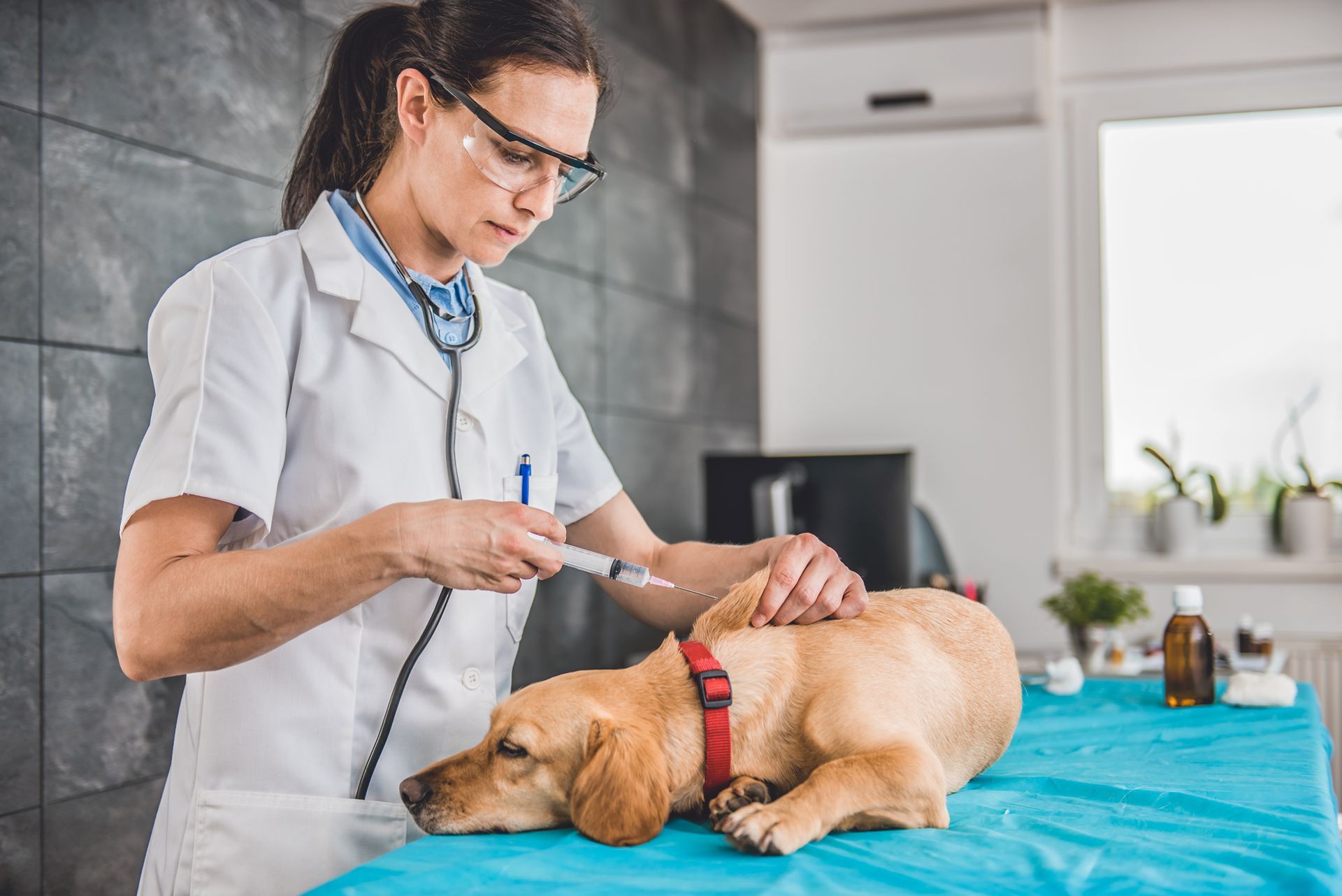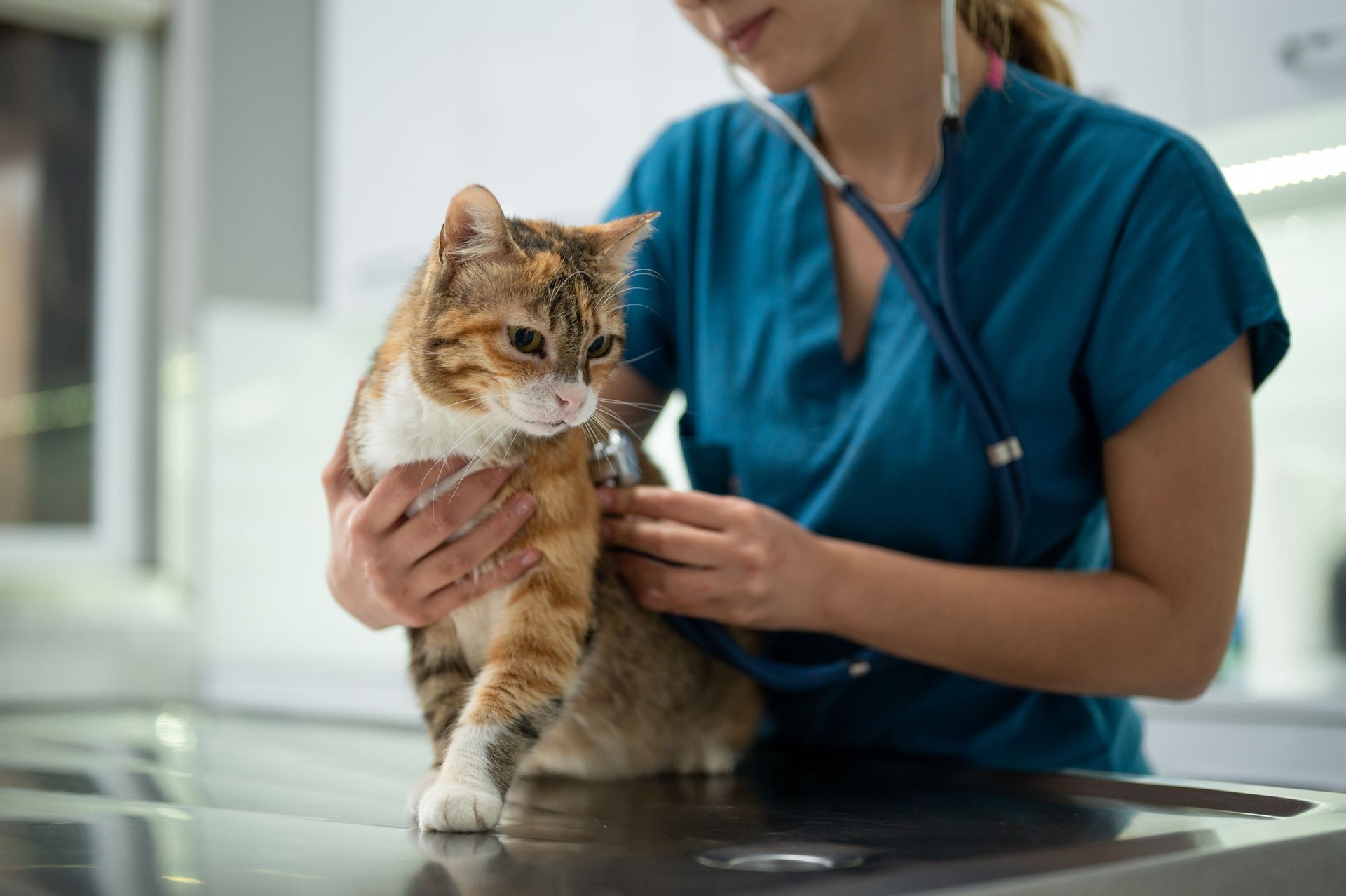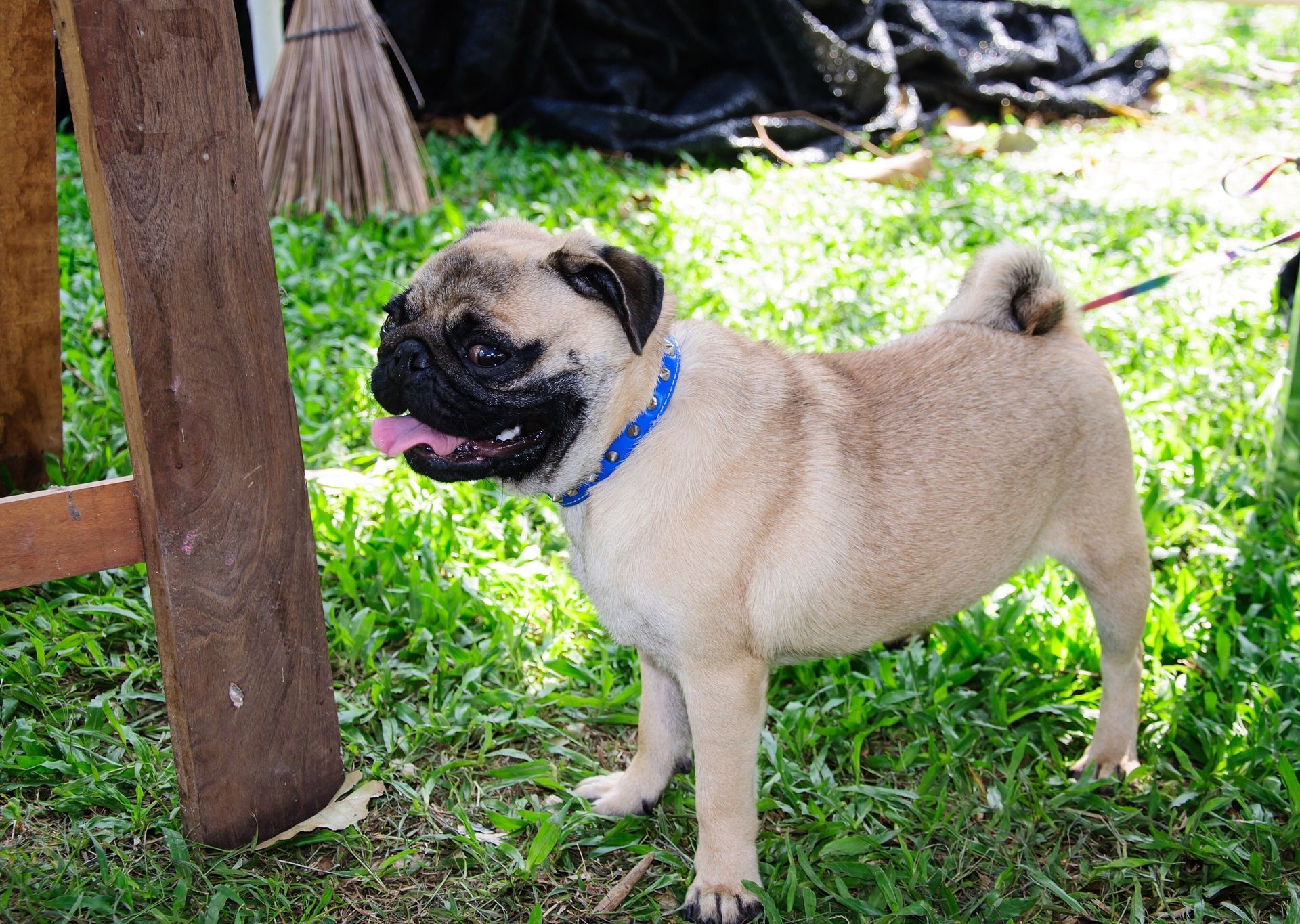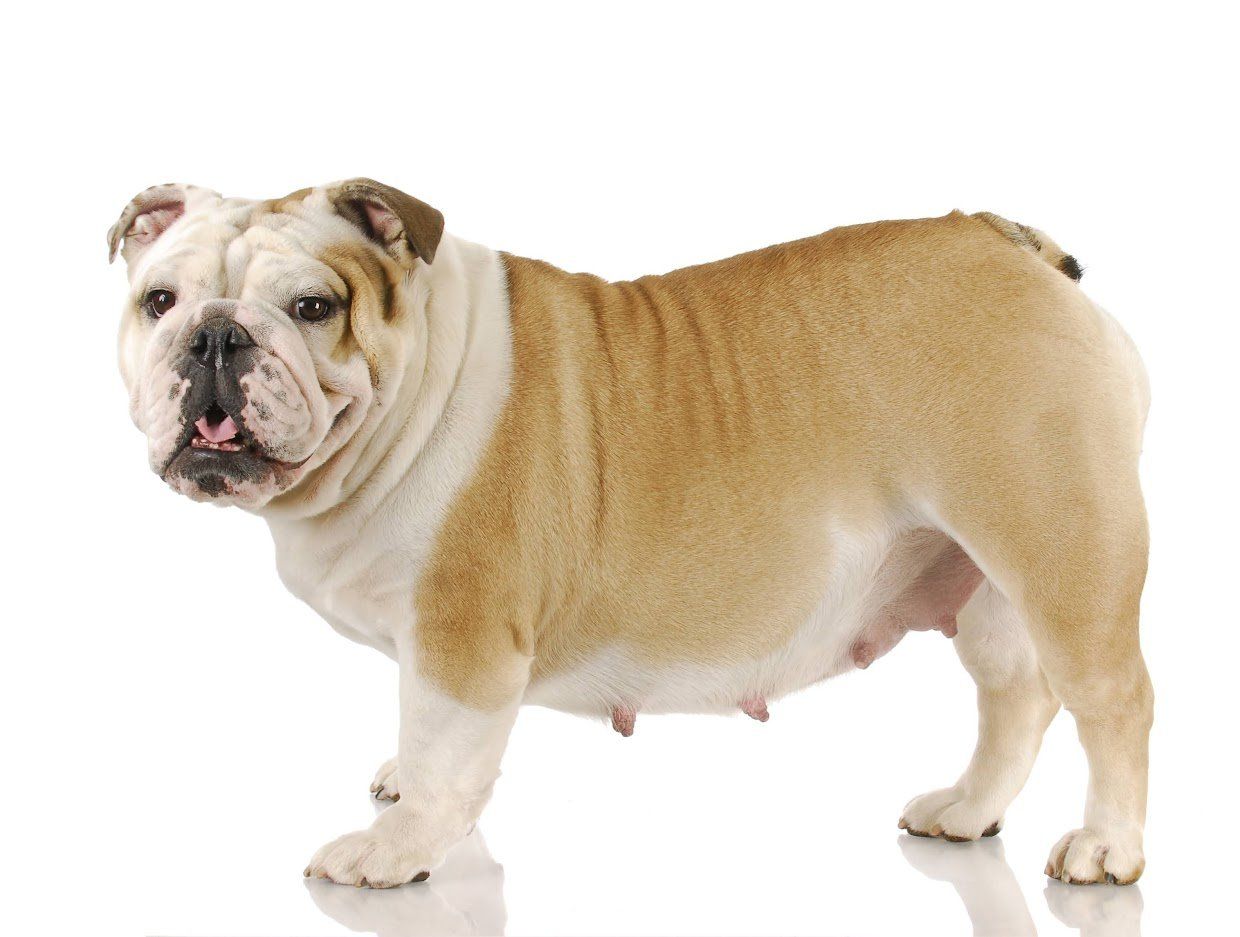Skunks and Dogs: 4 Things You Should Know
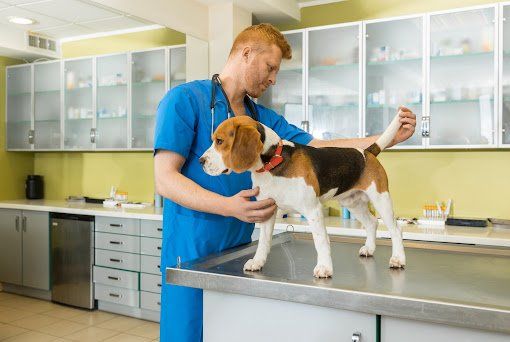
Whenever you see a skunk, you may instinctively make a hasty retreat, and for good reason. Skunks have earned infamy for their ability (and willingness) to shoot an oily, foul-smelling spray from their anal glands as a defensive mechanism. Unfortunately, your dog may discover this ability the hard way.
Because skunks can spread both foul smells and serious diseases, you need to know how to reduce your canine pal's odds of encountering these creatures and what to do if a skunk sprays your pet despite your best efforts. Keep the following four points in mind to help you keep your pet's life as skunk-free as possible.
1. Skunk Attacks Can Harm Your Pet
If you always thought of a skunk attack as nothing more than a smelly annoyance, think again. Skunk spray contains a variety of volatile oils that bind with an animal's skin proteins, a combination that produces an even stronger stench when exposed to water. This spray can have some serious effects on your dog's health.
Skunks can hit perceived enemies with their spray from several feet away, often hitting a pet in the face, eyes, nose, or mouth. Skunk spray that lands in the eyes can cause sight-threatening damage. Spray in the mouth may trigger drooling, nausea, and vomiting. Inhaling the spray may produce respiratory symptoms.
Some skunk attacks can have even more dangerous consequences. Skunks count as one of the U.S. animals most likely to carry rabies, a deadly disease in dogs not vaccinated against it. Rarely, dogs sprayed by skunks develop a serious reaction known as Heinz body formation, which may lead to serious anemia.
2. Veterinarians Can Treat Skunk Spray Side Effects
Dogs sprayed by skunks need a veterinary evaluation to check for any serious side effects that might call for treatment. Your veterinarian may pay special attention to the state of your dog's eyes, which can grow worse in the hours following a skunk attack.
Although very few dogs develop Heinz body formation from skunk attacks, your veterinarian may perform lab tests to check your pet's blood count and evaluate its vital signs. If your dog seems at risk for the condition, it might need a blood transformation or other intravenous treatment.
3. The Right Solutions Can Get Rid of Skunk Odor
After you've looked after your dog's post-attack health and wellness, you'll need to address the stubborn odor left on its body by the skunk spray. You shouldn't bathe a sprayed pat immediately after a skunk attack since the application of water on fresh spray may only lock the oils more stubbornly in place.
Don't rely on old, ineffective home remedies such as bathing your dog in tomato juice. Your veterinarian can recommend topical products specially formulated to deal with this problem. You can also use a mixture of 3-4 parts hydrogen peroxide, 1 part baking soda, and 1 teaspoon of dishwashing liquid.
4. Preventative Strategies Can Protect Your Pet Against Skunks
Once you've gone through the process of dealing with a skunk attack on your dog, you'll never want to repeat it. Make your property less attractive to local skunks by sealing outdoor garbage and pet food containers, clearing debris that skunks might nest in, and closing any vents leading into your home.
Skunks tend to move around more at night. You can minimize your dog's odds of meeting a skunk simply by keeping it indoors between sunset and sunrise. If your dog needs to go out overnight, always accompany it. Keep your dog close at hand (and away from potential skunk territory) until you both go back indoors.
Perhaps the most important preventative step involves rabies vaccinations. Get your puppy vaccinated against rabies, arranging for future booster shots as your veterinarian prescribes.
If your dog has crossed the path of a frightened skunk, contact the veterinary experts at Baywood Animal Hospital. We can examine your dog for any serious side effects that require immediate care, recommend effective products for removing the odor, and keep your pet up to date on its rabies vaccinations.

